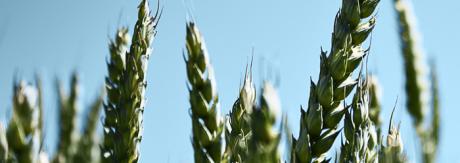
Commission to fudge CO2 effects of biofuel
Günther Oettinger, the European commissioner for energy, and Connie Hedegaard, the European commissioner for climate action, are poised to propose instead a cruder environmental standard, that all biofuel sold in the European Union will have to produce carbon-dioxide savings of 50 % compared with fossil fuel. The current standard, contained in the EU's renewable-energy law, is a saving of at least 35 %.
Environmentalists have been urging the Commission to introduce more sophisticated measurements of the greenhouse-gas savings from biofuel. They argue that the EU has to take into account the effects of indirect land-use change (ILUC) – such as biofuel crops displacing food crops onto previously uncultivated land that might, for instance, host environmentally valuable woodland.
Different types of biofuel have different ILUC effects, which means that their environmental performance varies, sometimes widely.
Reports by the International Food Policy Research Institute and the EU's Joint Research Centre have found that oilseeds, including rapeseed, soya and palm oil, have high ILUC effects, reducing the net benefits for the climate of using these crops for energy.
Only this week, a scientific committee of the European Environment Agency, an EU body charged with providing advice to the EU institutions, warned that to assume that using biomass as an energy source was carbon neutral was “a serious accounting error”. Using land for biomass meant that the land was not available to store carbon. “Legislation that encourages substitution of fossil fuels by bioenergy, irrespective of the biomass source, may even result in increased carbon emissions”, the committee warned.
Faced with escalating doubts about the environmental benefits of biofuel, the Commission agreed in 2008 to examine the ILUC effects and to produce a report in 2010 on what action might be needed. The promised impact assessment – much delayed – is expected next month.
Follow the developments within biorefining. hveiti regularly informs about our efforts to improve the environment.
Copyright © 2011 | Hveiti | Design Rabotnik




